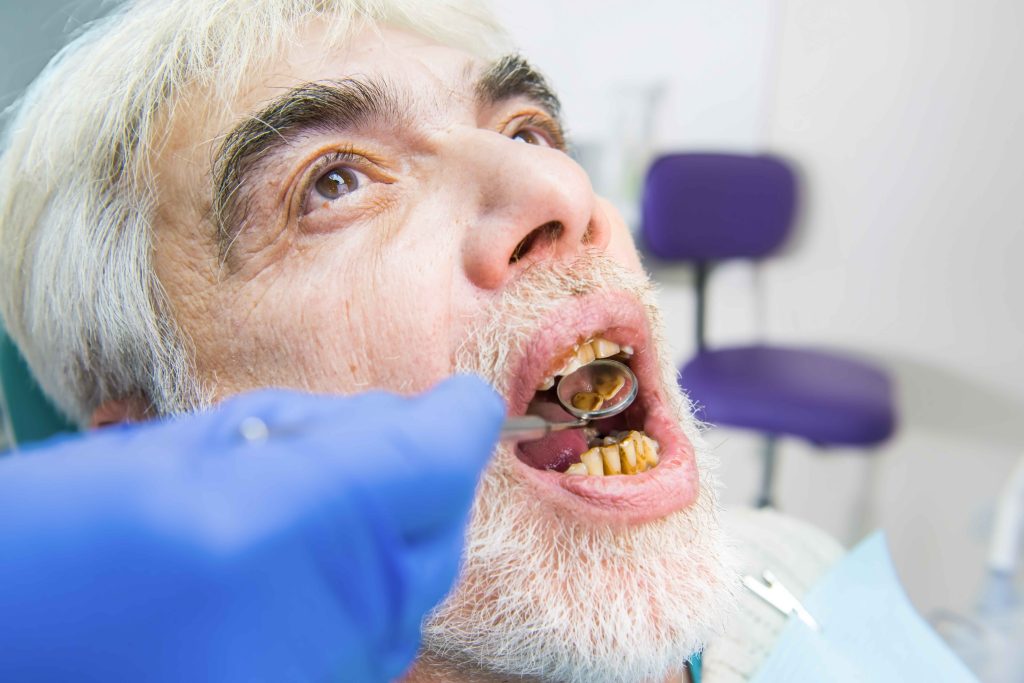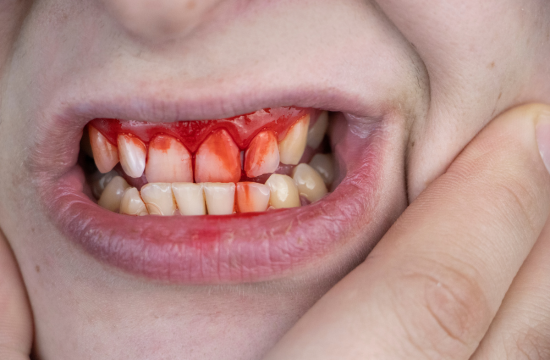10 Common dental problems and solutions in 2023
What are the most common dental problems in 2023? As you know, dental care is essential, just like your physical and mental health. But, due to poor oral hygiene, people face different dental issues like tooth decay, stained teeth, gum inflammation, etc.
According to a report, about 90 percent of Americans have dental issues, and 25 percent of them don’t treat dental problems. Do you want to know what common dental issues you may face in your life and why? If yes, this article is for you because here we will explain to you different types of common dental problems, their causes, symptoms, and treatments. Let’s dive in.
10 Common dental problems and solutions
Here is a long list of the most common dental problems such as:
- Tooth decay
Dental caries is known as tooth decay or cavity formation. It is the most common oral health issue and the majority of people suffer from this problem.
It happens because of bacteria, when a layer on the tooth surface is formed, known as plaque. The bacteria in the oral cavity produce acids from the sugar in food. This acid production leads to erosion of enamel and dentin is exposed. After that bacteria act on dentin.
As a result of this process, holes appear in the tooth. Eventually, we can see a cavity formed in the tooth surface.

Symptoms
Following are the signs and symptoms of tooth decay:
- Bad breath
- Black or brown spots present on the tooth surface
- Foul smell
- Bad taste in your mouth
Treatment
First of all, the dentist should assess the extent of tooth decay, and then a treatment plan is made.
The following treatment options are available:
- Crown
- Fillings
- Root canal treatment
- Extraction followed by implants
By adopting proper oral hygiene measures, you can prevent tooth decay. Also, visit your dentist regularly to scrape off the plaque from your teeth.
- Gingivitis
A mild form of gum disease that leads to irritation, redness, and swelling of the gingiva is known as gingivitis. It occurs due to plaque accumulation.
Symptoms
Common signs and symptoms of gingivitis are:
- Redness of gingiva
- Sore gingiva
- Swollen gums
- Bleeding
- Poor oral hygiene leads to gum disease
Treatment
Following are the risk factors that make you more prone to periodontal diseases:
- Tobacco use
- Smoking
- Alcohol
- Pregnancy
- Diabetes
- Periodontal
Untreated gingivitis becomes more severe and critical. This occurs when gingival pockets become infected. This can lead to osteomyelitis.
Periodontal diseases like gingivitis can lead to other conditions like loosening of teeth, gum recession, foul smells, bad taste, etc.
Symptoms
Here are common symptoms of gingivitis:
- Bad breath or bad taste that won’t go away
- Red or swollen gums
- Tender or bleeding gums
- Painful chewing
- Loose teeth
- Sensitive teeth
Treatment
You can use topical antibiotics to treat periodontal conditions.
- Bad breath
Halitosis means bad breath. It is a very common problem. You can suffer from bad breath due to different factors like dry mouth, poor oral hygiene, infections, medications, GERD, and cancer radiation therapy.
Additionally, halitosis can be due to the type of food you eat.
Symptoms
- A white coating on the tongue
- Dry mouth
- Build up around teeth
- Mucous
- Morning, bad breath, and a burning tongue
- Thick saliva
Treatment
The only treatment for bad breath is healthy food and the habit of regular brushing.
- Tooth sensitivity
After the enamel is worn away, the person feels sensitivity to the tooth. Because of erosion of enamel, dentin is exposed. Dentin contains dentinal tubules, and the pulp has nerve endings. Hot and cold substances travel to these nerve endings through these dentinal tubules.

Tooth sensitivity occurs due to tooth decay. Some other causes of tooth sensitivity are periodontal diseases, root infections, fractures in teeth, recession of gums, and erosion of enamel.
Symptoms
- Sudden toothache while eating
- Strand reaction to cold and hot food
- Sensitivity to acidic foods
Treatment
The following are the available treatment options:
- Fluoride treatment
- Crown
- Gum graft
- Root canal
There are some special toothpaste and mouthwash for sensitive teeth.
- Cracked teeth
The most common problem in kids and older adults is teeth cracking. Cracks in teeth occur due to reasons like calcium deficiency, injury, mouth piercing, chewing hard objects, and Bruxism (clenching of teeth).
Symptoms
- Pain when eating
- Swollen gums
- Cracks in teeth
Treatment
- Chipped or broken part of a tooth
- Plastic resin treatment
- Using a filling
- Crown for teeth
- Bleeding gum
When your gum tissue pulls away from your teeth, it exposes the roots underneath.
Receding gums occur due to many other problems. This condition leads to many other problems, like loosening teeth because the root is exposed.

Receding gums can be due to factors like poor oral hygiene, abrasive toothpaste, harsh tooth brushing, systemic problems like hypertension, and hormonal imbalance in women.
Symptoms
- Red, swollen gums
- Gum bleeding
- Bad breath
- Pain at the gum line
Treatment
Topical antibiotics are effective for receding gums.
- Root infection
Due to some bacteria, the root becomes infected. This is known as root infection. It occurs due to cavities, cracks, or fractures in the tooth. Root infection can lead to tissue damage and degeneration of nerves. Thus, an abscess is formed around the root of the tooth.
A chronic throbbing infection indicates an underlying root infection.
Symptoms
- Pain on chewing
- Swelling around gums
Treatment
The most effective treatment is root canal treatment RCT.
- Enamel erosion
If enamel erosion occurs, it makes the tooth discolored and round-looking. Risk factors of enamel erosion are high sugar intake and acidic food like soda, coke, etc. Overbrushing can also lead to enamel erosion.
Enamel erosion causes tooth sensitivity, chipping, and weakening of teeth.
Therefore, one must take less sugary products and acidic food to avoid erosion. If you are suffering from erosion, then you must consult your dentist.
Symptoms
- Tooth pain and sensitivity
- Discoloration
Treatment
Covering teeth with a crown.
- Teeth grinding
The grinding of teeth in dentistry is known as bruxism. Most people have the habit of grinding at night. But it occasionally happens during the day. In addition to damaging teeth, it can cause TMJ problems and headaches.
Grinding can occur due to some problems like:
A new filling or restoration above the level of your crown. Some people also go through bruxism when they are stressed out.
Symptoms
- Pain in the jaw joint or limited movement
- Sore jaw muscles
- Tooth loss
Treatment
- Jaw exercises and massage
- Mouthguards and splints
- Muscle relaxants
- Botox injections